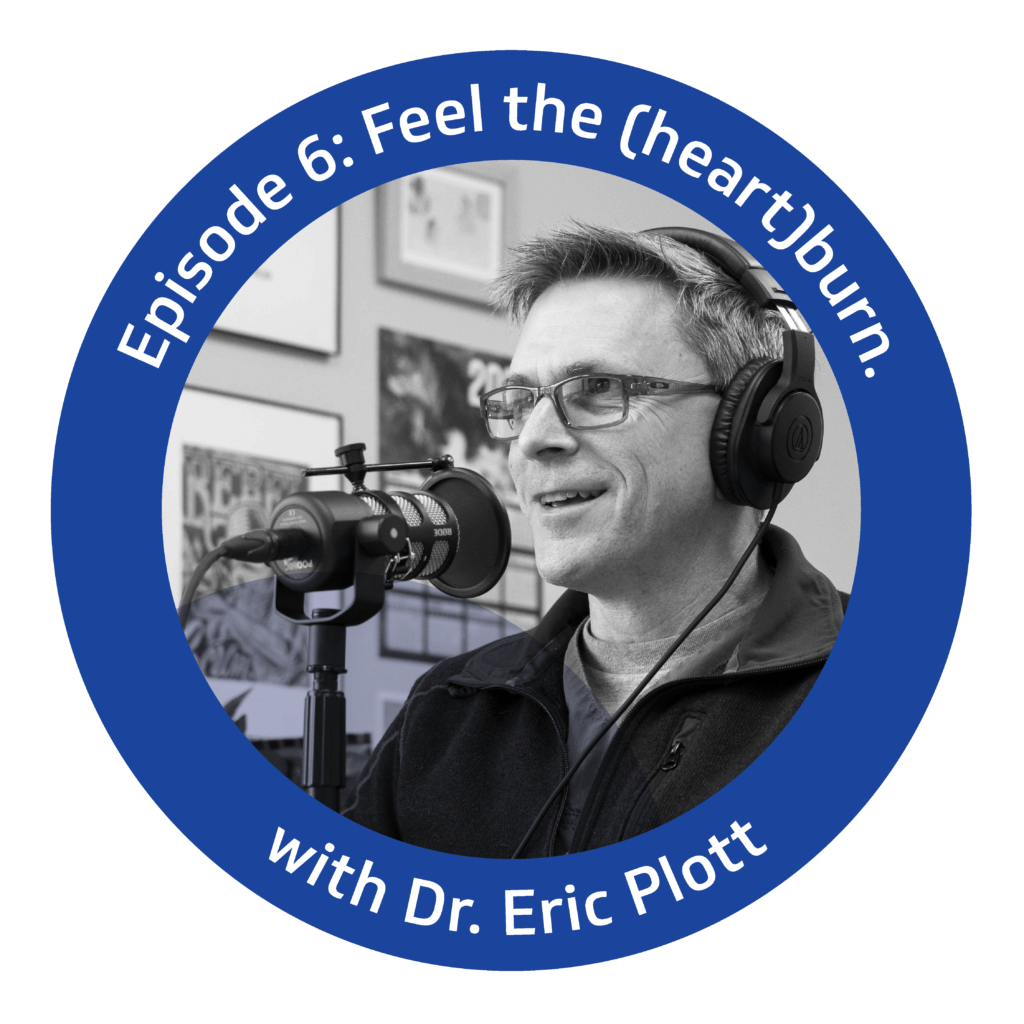When to worry about heartburn.

“Heartache makes for good poetry, heartburn not so much.”
S. Tarr, Love, Adventure and Other Noble Quests
Heartburn is an infuriating feeling once it hits—the burning sensation in your chest and a slight bitter/acidic taste in your mouth that can only be settled with time and an antacid. For most, heartburn is simply the result of too much red sauce on pizza.
How do you know if your symptoms need more medical attention?
What most people call “heartburn” is that uncomfortable burning pain in your chest, just behind your breastbone, which nearly everyone has experienced before, sometimes after a big meal, a spicy snack, or right before bed. The feeling of mild burning is caused by acid from the stomach going back up into the esophagus. The band of muscle at the opening where the esophagus connects to the stomach usually keeps the acid in the correct place, but when agitation occurs, acid can get into the esophagus.
“If you have, more troublesome symptoms—the sense that something is rolling up in the back of your throat or a burning sensation in the top of your throat, cough, even nausea, sometimes bitter taste in your mouth, that kind of thing. That’s more consistent with GERD or gastroesophageal reflux disease. And it implies that stuff is coming out of your stomach—stuff that should be staying in your stomach—and rolling up into esophagus and even up again in the back of your throat.”
Dr. Eric Plott, Gastroenterologist
Trying to decide if your symptoms are more serious? Try cutting different food/drink from your diet to see if it relieves heartburn:
- Fatty foods
- Spicy foods
- Dairy
- More than one cup of coffee or soda
- Fried foods
The best way to gauge if your condition calls for a visit to a doctor is the consistency, frequency, and severity of the heartburn symptoms. If it rarely occurs or happens only with certain foods, then it’s likely it’s standard heartburn. If it’s happening often enough for it to disrupt your weekly routine, then talking to your doctor might be a good step towards relief.
Heartburn and GERD can be managed with medication or in more advanced cases, surgery–and if frequent and severe, should not be ignored. A visit to your Primary Care Provider is a great place to start or you can choose to be seen by a Gastroenterologist like Dr. Eric Plott of Singing River Digestive Health. Either way, remember that taking time to see a doctor is important—Healthcare is selfcare.
Content inspired by Healthcare is Selfcare: The Podcast
Hear more from Dr. Plott on Episode 6:

What’s difference between reflux and heartburn? Can you just keep eating a bottle of Tums every week without consequences? Find out how to tell the difference between heartburn as a symptom and a potentially bigger issue with Singing River Gastroenterologist Eric Plott, MD.
Prefer to read? Check out the episode transcript here.
